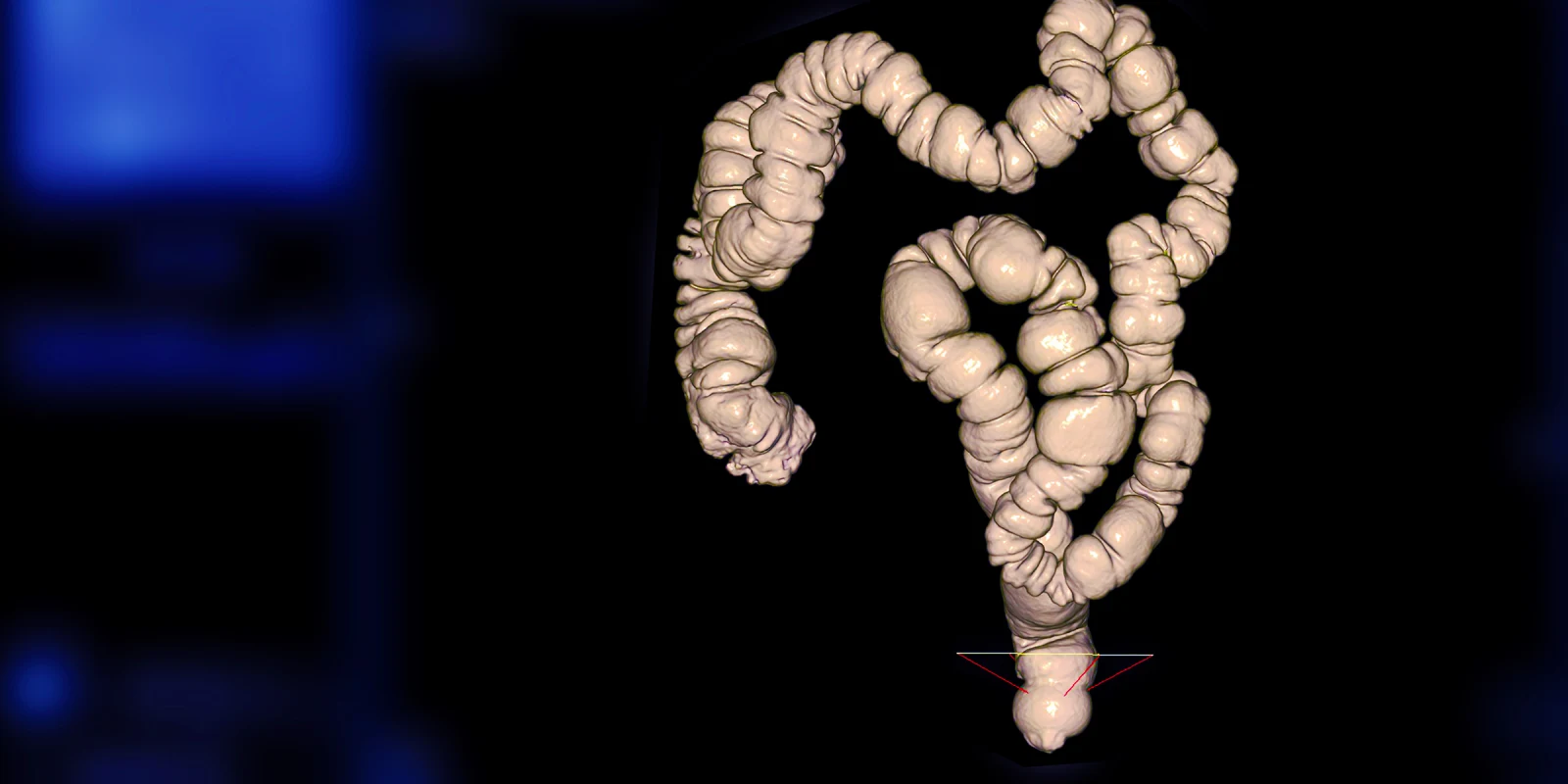Dr. Joshua Davis is a 2020–2021 Doximity Research Review Fellow. Nothing in this article is intended nor implied to constitute professional medical advice or endorsement. The views expressed in this article are those of the author and do not necessarily reflect the views/position of Doximity.
CT imaging is often used to evaluate diverticulitis, as well as undifferentiated abdominal pain, in the ED. Point of care ultrasound (POCUS), ubiquitous in emergency medicine, is also the standard of care for many abdominal indications (e.g., cholecystitis, bowel obstruction, abdominal aortic aneurysm, trauma, pregnancy). Recently, research has demonstrated a new use for POCUS: evaluation of acute diverticulitis.
In a prospective observational study of 452 patients with suspected diverticulitis, Cohen et al. showed that the sensitivity and specificity of POCUS was 92% and 97%, respectively. The percentages are impressive and show greater accuracy than I expected. However, I am not ready to start using POCUS for diverticulitis just yet.
In my opinion, the question is not limited to whether POCUS can evaluate for diverticulitis. Rather, I am concerned with whether it can evaluate for complications, like micro-perforation or abscess, as well as alternative diagnoses. I think there will be a subset of patients who are ideal candidates for this imaging (patients who are younger or have a prior history of diverticulitis, or who are not critically ill, for example). That said, there will also be a subset — elderly patients, those with an unclear diagnosis based on history and exam, those who are critically ill, and those without a history of diverticulitis — who will still probably need CT imaging, regardless of POCUS’ impressive accuracy in evaluating diverticulitis.
I do not think POCUS for diverticulitis is ready for prime time, and this paper is certainly not going to change my practice tomorrow. But, as an ultrasound enthusiast, I do think there is a role for POCUS in diverticulitis in the future. The operators in the Cohen study were fellowship-trained physicians and PAs, possessing experience in this application that I currently lack. In light of these findings, I certainly plan to start training myself in this application, so I can both identify patients that will benefit from it and use it successfully.
Dr. Joshua Davis is an emergency physician who completed his residency at Penn State Milton S. Hershey Medical Center. He completed medical school at Thomas Jefferson University and received his undergraduate degree from the University of Delaware. His research interests are broad and include emergency medicine topics along with patient safety, handoff communication, and diet and exercise.
Image by samunella / Shutterstock







